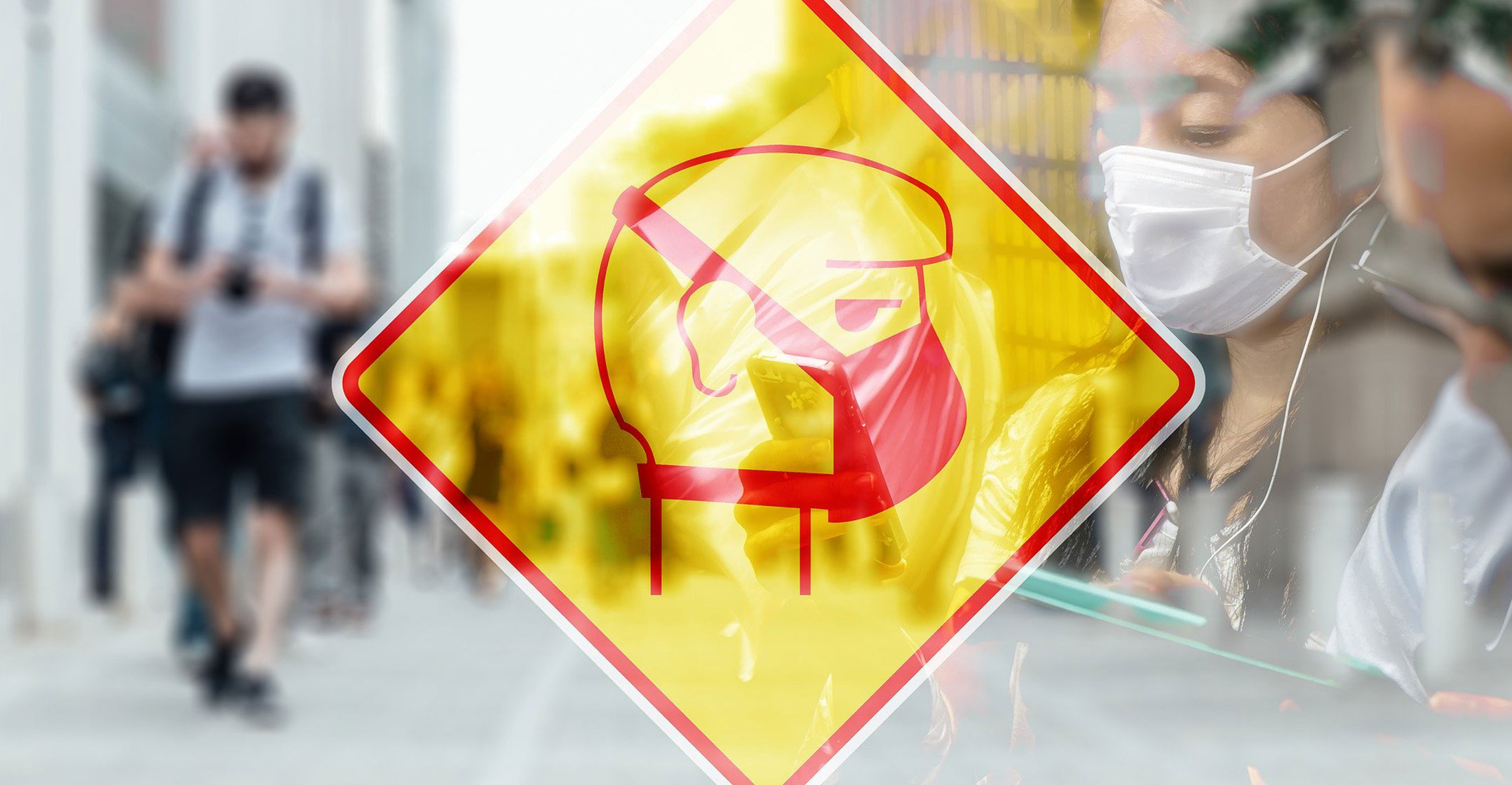 The Covid-19 global pandemic is likely to be the one of the biggest challenges ever faced by leaders worldwide.
The Covid-19 global pandemic is likely to be the one of the biggest challenges ever faced by leaders worldwide.
What makes this change so exceptional is the speed of onset as well as the breadth and severity of impact. As a leader, it has been awe-inspiring and humbling to see the hard work and dedication of employees and other essential service providers. In addition to these demonstrations of leadership, how will the pandemic change the way we lead going forward?
National leaders have had to make some difficult decisions and will be expected to make many more as the crisis continues. Those in positions of power have had to delicately balance the health and safety of citizens with the ongoing economic impact. Governments have swiftly introduced lockdown regulations in order to increase healthcare capacity and decrease transmission of the virus.
South Africa is moving to level 3, and the decisions made in this phase will have a long-lasting impact on individuals and the economy. The impacts continue to be felt by those who are sick, who have lost loved ones, as well as individuals who are unemployed or unable to run their small business as a result of the pandemic and it is hard to imagine the level of suffering they experience.
The phased reopening of the economies are being considered in a risk-adjusted manner. This will have to be executed in a manner that ensures the health and well-being of all members of society, as well as the productivity and growth of critical economic sectors. The reopening must be considered pragmatically with a view of the ecosystem in a particular sector while managing the associated risks.
Accountable
The key to a successful risk-based reopening is continuous screening and testing, coupled with hygiene and social distancing protocols. Society will need to continue to comply with regulations and not only act responsibly, but also be accountable for their actions.
The crisis has increased the need for certainty given its dynamic nature and the disruption to traditional ways of work.
Leaders will need to chart a path forward and relevant and reliable information must form the foundation of these decisions.
 During this crisis the level of uncertainty has been significant, and it is this which necessities the need for transparency of key metrics. This transparency will enable effective decision making and build trust across all spheres of society, business and government.
During this crisis the level of uncertainty has been significant, and it is this which necessities the need for transparency of key metrics. This transparency will enable effective decision making and build trust across all spheres of society, business and government.
Leaders will have to adapt to a new world post-Covid-19 and one of the elements most impacted has been the employee environment. The traditional paradigms of a nine-to-five office job has become disrupted. Workers will now be able to work anytime, anywhere, use their own devices and manage their own workloads.
Workers will want to share knowledge via collaborative tools, drive their own careers and democratised teaching and adaptive learning will soon become common practice.
More so, leaders will have to proactively engage and lead effectively within a dynamic and reshaped environment. The networking element of corporate life has been changed with the recent shift away from the traditional water-cooler approach to digital engagement. The leader’s role will be to bridge the gap for new joiners by introducing them into pre-existing networks to ensure that they thrive through a connected workplace.
Despite expected changes, ultimately, core leadership principles are still valuable. Consistent and effective communication is still essential in managing a dynamic and evolving crisis of this magnitude. Leaders need to ensure that they communicate decisions quickly and effectively, so that everyone is clear on what they need to do and when they need to do it.
To the fore
Agility and adaptability have come to the fore – we’ve seen businesses adapting to regulations by changing their business models completely. Restaurants have had to shift to delivery only, while fitness instructors are offering online classes and mental health professionals are consulting via video conferencing.
Distributed leadership – mobilising leadership expertise across all levels – will be observed more and more.
This model, which Absa has already adopted locally and regionally across its African operations, epitomises distributed leadership, which is empowered to making decisions within agreed parameters.
The ongoing crisis will require close collaboration between public and private sector leaders. An outcome which we have not seen before and will require an innovative solution which can only be derived from the diversity of thought that collaboration brings. Our ability to emerge from this crisis will primarily depend on the behaviour of all stakeholders.
The financial sector as a whole, organisations and regulators need to partner effectively, and ensure a coordinated response to the pandemic. How we act now determines the future of economic recovery and ongoing investment.
While there are many variables at play at the moment, the one certainty is that Covid-19 has forever changed the way we lead, as well as the way leaders are perceived in society.
- Charles Russon is chief executive for corporate and investment banking at Absa
- This article was originally published on Moneyweb and is used here with permission

